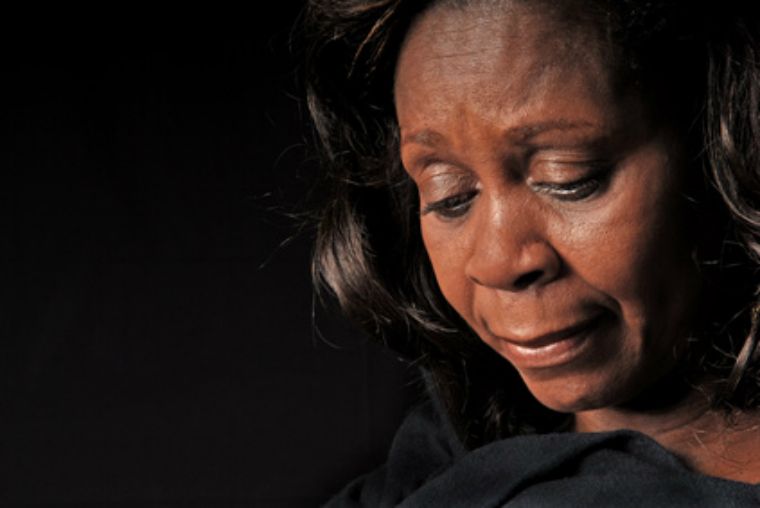The African culture is rich in cultural and religious practices with rules that govern every aspect of the lives of its people. Despite the differences in these practices across various cultures, there are similarities in practices regarding widowhood. Without a doubt, the African culture is rich and has for decades served as the source through which human civilization thrives; however there are practices that are not very uplifting of women, which lend credence to the narrative, that the culture and customs of Africa were designed to encourage patriarchy at the detriment of the well -being and happiness of women.

Growing up as a city girl born in the suburbs of Lagos, our home housed relatives from both sides of my family, long weekends of entertaining relatives who would make demands and get served their favourite dishes by my mother. My dad was at the centre of it all, ensuring that they were well taken care of in other to avoid being labelled as unhospitable. Death changed this narrative, the passing of my dad made the ugly nature of some of these relatives who once enjoyed the hospitality of my mum and dad, after the demise of my dad all I heard afterwards were the sounds of crickets. The true nature of some of these supposed relatives became more visible not that it was hidden in the past. I experienced first-hand the physical, emotional and psychological effects of widowhood on my mother. From the long list of rites and rituals to the rules and sanctions that she must adhere to, the depressing attires, the mandatory haircut, staying indoors for a year, the road to widowhood was a long and arduous journey which no woman should experience.
Dealing with the sudden loss of a partner in a relationship where there is shared responsibilities, even one without is difficult. The absence of companionship, attacks from some extended family members, splitting of inheritance, dealing with loss, adjusting to new realities, taking on new responsibilities, following customs and traditions with regards to mourning, being a strong support system for ones’ children to mention a few are some of the hurdles that a widow has to scale through while trying to create a balance and managing their mental health at the same time. The time frame required for women to mourn the loss of their husband varies across cultures accompanied with strict rules coupled with long lists of items they are required to present which are shared among elders of the clan, the acceptance of these items is another hurdle which requires a level of tactfulness which unlikely ends well and has the tendency to leave a lasting psychological effect on the widow, which in saner climes may require years of therapy and a long road to healing. Having a great support system during such a time is a valuable asset that every widow should have which in most cases is lacking.
Despite several attempts by multiple women rights groups and activists calling for better treatment of widows, the mistreatment is still ongoing. Perhaps the quest for an end to the maltreatment of widows under the guise of rites and culture seems bleak and unattainable, imagine explaining to the older members of the community charged with the responsibilities of enforcing such stringent laws that these rites are wrong and barbaric, their response is most likely unfavourable coupled with myriads of excuses favouring such abuse and exploitation. Calling for stronger legislation and promoting women’s rights is the right step towards the protection of widow’s with an increased level of intensity and enforcement geared towards the end the dehumanization and deprivation suffered by widows. Interestingly, some of these practices oftentimes deter some female indigenes from marrying within their ethnic group or culture, which may be as a result of being traumatized from witnessing the treatment received by a family member or a close relative.
As individuals, it is important to show empathy and step up to protect widows within our immediate environment, coupled with the collective efforts of governmental and non- governmental organisations. The journey towards the liberation of women from these inhumane and demoralizing practices may seem long and tumultuous but it is attainable with the proper approach and a positive mindset.

